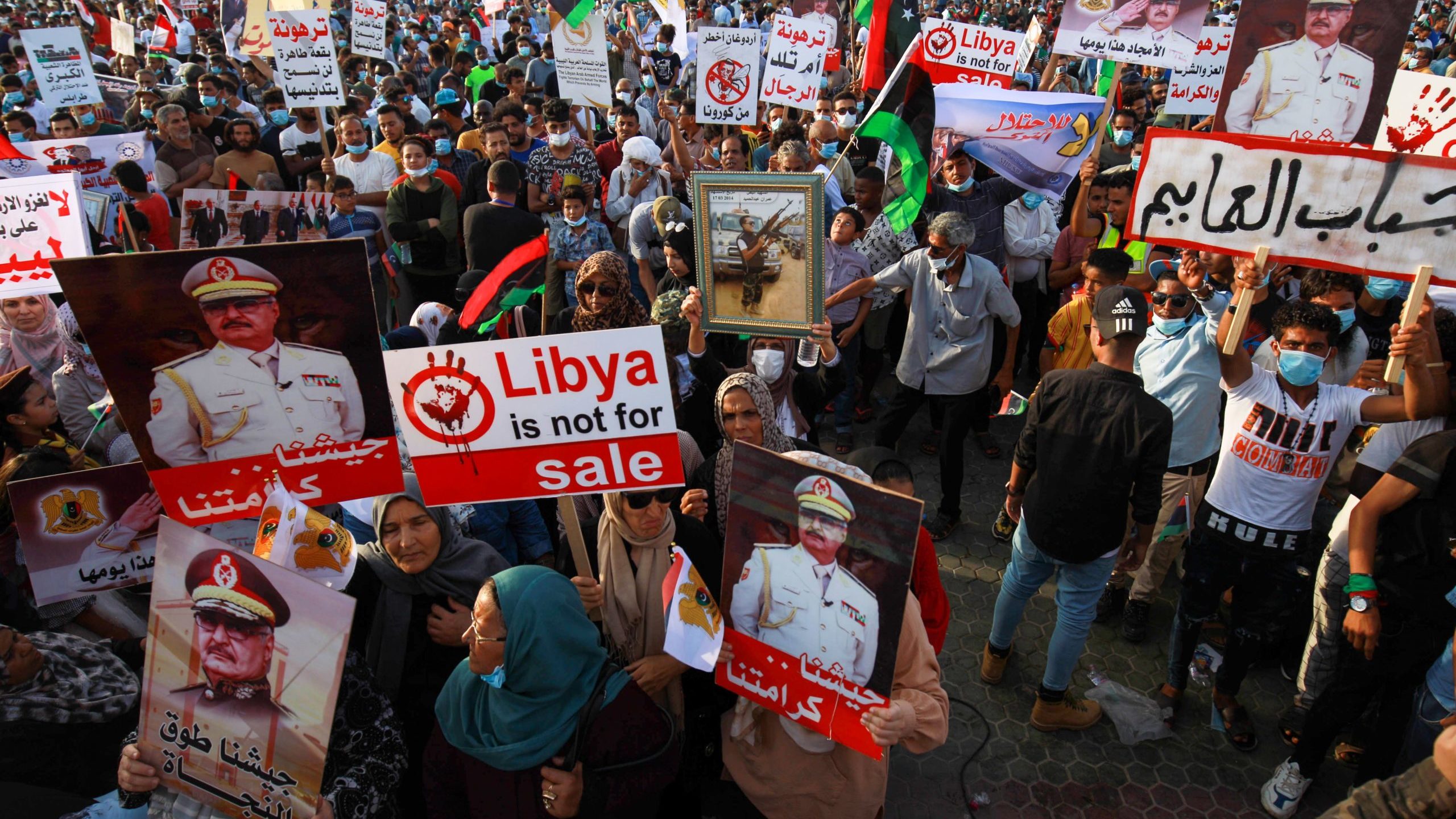Tripoli Gov’t: Neither Legal nor Legitimate
Al-Etihad, UAE, July 10
The concepts of legality and legitimacy are often confused. This confusion occurs in political forums and the media, and even in some academic writings. Legitimacy is a legal concept. When we describe an institution as “legal,” we mean that its legal status complies with the laws in force. As for “legitimacy” (whether internal or international), this is a political concept that means acceptance or general consent to the government of a particular country. The government will be legitimate internally when it receives the consent of its people, and internationally when it receives the recognition of other countries and international organizations like the United Nations. In this sense, the authority in Tripoli, called the Government of National Accord, is neither legal nor legitimate. It is just a de facto ruling authority that managed to get temporary support from international mediators following the agreement signed in Skhirat in 2015. However, it did not gain internal legitimacy and has no legal backing whatsoever. This authority did not gain internal legitimacy because most Libyan people were dissatisfied with the formation of the bodies established by the Skhirat Agreement, chief of which are the Supreme Council of State, the government, and the Muslim Brotherhood militias. I also lacked legality from the very outset, because the elected Libyan parliament did not approve it or support it. Despite both of these factors, the international community hoped that by backing this government, Libya’s political factions would gradually come to accept it. But this has not happened. Instead, it has become clear that the Tripoli authority lost even the international legitimacy it rested upon. In the absence of international legitimacy, internal legitimacy, and legality, the Tripoli government has become an illegitimate authority exploiting the volatile situation in Libya since 2011. Despite that, for nearly two and a half years, not a single international player was willing to call for change in Libya. The UN’s envoy to Libya, Ghassan Salame, who signed the Skhirat Agreement, was finally forced to resign in March, joining five envoys who preceded him and had to prematurely quit their duty. Geopolitical rivalries have prevented the international community from saving Libya from the hands of Brotherhood-backed armed militias and Turkish mercenaries. Thus, the crisis in Libya has reached a boiling point. The only way out of it is to take a step back and recognize that the authority in Tripoli must go. An entity cannot represent the people and claim to be part of a long-term solution when it is neither legal nor legitimate. –Waheed Abdul Majeed (translated by Asaf Zilberfarb)


